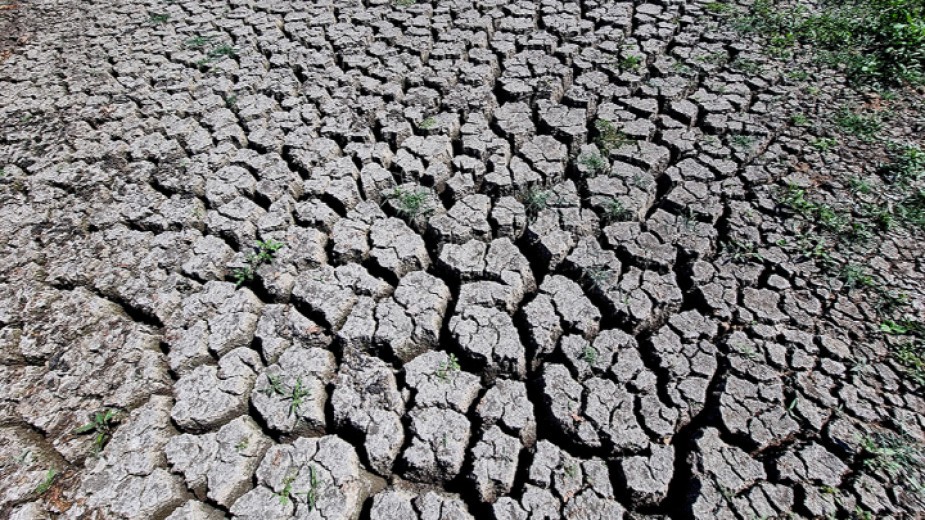The summer drought has hit Bulgaria once again, with Pleven experiencing some of the most severe consequences. The city has introduced strict water rationing, cutting supply not only overnight but also during peak afternoon hours, leaving thousands of residents without water for extended periods. This local crisis is just one example of a much broader issue rooted in years of neglect, poor management, aging infrastructure, and the mounting effects of climate change. While officials blame previous governments for the situation, experts warn that without urgent infrastructure upgrades and leak reduction, other regions may soon face similar hardships.
In Pleven, water supply is cut from 11 p.m. to 5 a.m. and again between 1 p.m. and 4:30 p.m., a schedule that has been described as humiliating for residents and a serious challenge for hospitals, kindergartens, and businesses. Regional governor Nikolay Abrashev attributes the problem to long-term mismanagement. He explains that Pleven’s water system suffers from a broken cycle and significant water losses accumulated over more than a decade under former administrations. Although some projects are underway – such as replacing the main water supply lines and constructing booster tanks – Abrashev admits that until recently, no concrete plans existed. Emergency water tanks have been supplied to critical institutions like hospitals and kindergartens, which also have contingency plans to cope with shortages.
Experts say Pleven’s plight reflects the wider national water crisis, which stems from two main factors: climate shifts and ineffective resource management. Prof. Emil Gachev of the Institute for Climate Research points out that Bulgaria is now entering a phase of prolonged drought. After a wetter period following 2005, which masked underlying problems, the country is facing increasingly dry years – five out of the last six have seen below-average rainfall. Gachev warns that Bulgaria’s climate is beginning to resemble that of Greece, demanding adaptation to longer dry spells.
From a technical standpoint, Assoc. Prof. Petar Filkov, dean of the Faculty of Hydrotechnical Engineering at UACEG, highlights the catastrophic scale of water losses in Bulgaria. On average, the country loses over 60% of water before it reaches consumers; in some areas, losses climb as high as 80%. This means that four out of every five liters of water are wasted. Filkov notes that places served by dams typically avoid shortages, but Pleven depends on alternative sources. A dam project intended to supply Pleven was initiated but later abandoned, leaving the city vulnerable.
Addressing these problems will require a combination of short- and long-term solutions. In the immediate term, urgent repairs to the most leaky and damaged sections of the water network must be carried out. Yet experts agree that more substantial changes are needed for lasting relief.
Key long-term steps include the construction of new dams – a practice that Bulgaria has neglected for decades. Completing the Pleven dam alone would take more than three years, according to Filkov. In addition, massive investments are necessary to overhaul the country’s water infrastructure, much of which is over half a century old. Examples of better management and investment, such as those by “Sofiiska Voda” in Sofia and the municipality of Troyan, offer models to follow.
Another critical hurdle is the fragmented system of responsibility for water supply. Multiple ministries and numerous companies oversee different parts of the system, hindering the development of a unified national strategy.
Until decisive action is taken, cities like Pleven will remain under constant threat of water shortages, and the risk of rationing will persist in other regions dependent on limited sources, especially in northeastern Bulgaria. Without coordinated investment and reform, the country faces a future of increasing water insecurity amid intensifying drought conditions.

